h arms in their hands. The politics of Christendom were at issue in
the open, elegant, and picturesque village which was the social capital
of the United Provinces. The gentry from Spain, Italy, the south of
Europe, Catholic Germany, had clustered about Spinola at Brussels, to
learn the art of war in his constant campaigning against Maurice.
English and Scotch officers, Frenchmen, Bohemians, Austrians, youths from
the Palatinate and all Protestant countries in Germany, swarmed to the
banners of the prince who had taught the world how Alexander Farnese
could be baffled, and the great Spinola outmanoeuvred. Especially there
was a great number of Frenchmen of figure and quality who thronged to the
Hague, besides the officers of the two French regiments which formed a
regular portion of the States' army. That army was the best appointed
and most conspicuous standing force in Europe. Besides the French
contingent there were always nearly 30,000 infantry and 3000 cavalry on a
war footing, splendidly disciplined, experienced, and admirably armed.
The navy, consisting of thirty war ships, perfectly equipped and manned,
was a match for the combined marine forces of all Europe, and almost as
numerous.
When the Ambassador went to solemn audience of the States-General, he was
attended by a brilliant group of gentlemen and officers, often to the
number of three hundred, who volunteered to march after him on foot to
honour their sovereign in the person of his ambassador; the Envoy's
carriage following empty behind. Such were the splendid diplomatic
processions often received by the stately Advocate in his plain civic
garb, when grave international questions were to be publicly discussed.
There was much murmuring in France when the appointment of a personage
comparatively so humble to a position so important was known. It was
considered as a blow aimed directly at the malcontent princes of the
blood, who were at that moment plotting their first levy of arms against
the Queen. Du Maurier had been ill-treated by the

 Free Download
Free Download












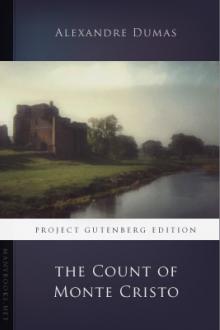
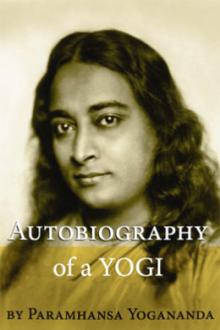
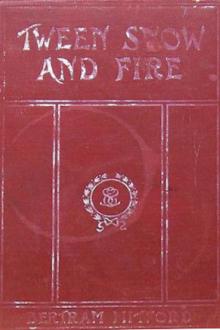
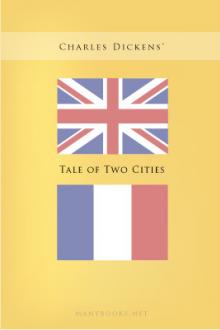

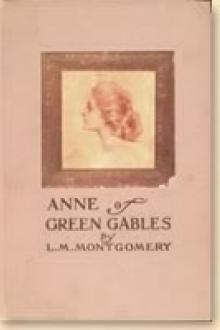

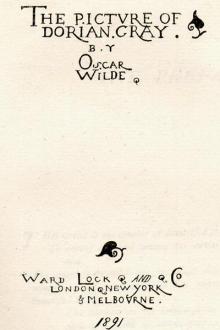
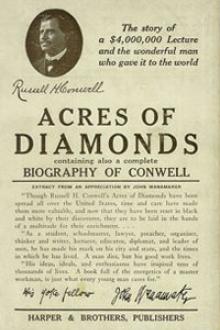
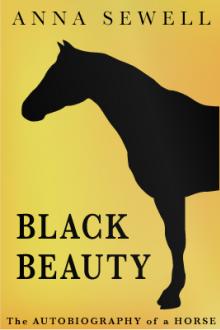

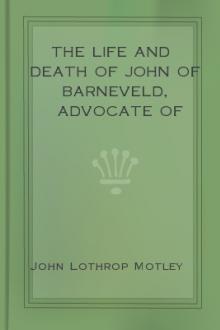
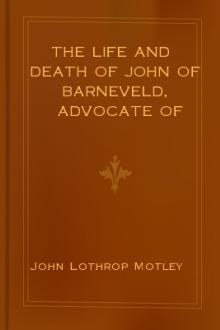



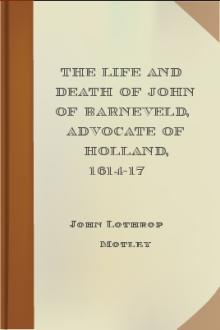






-itok=vcKIB5v1.jpg)